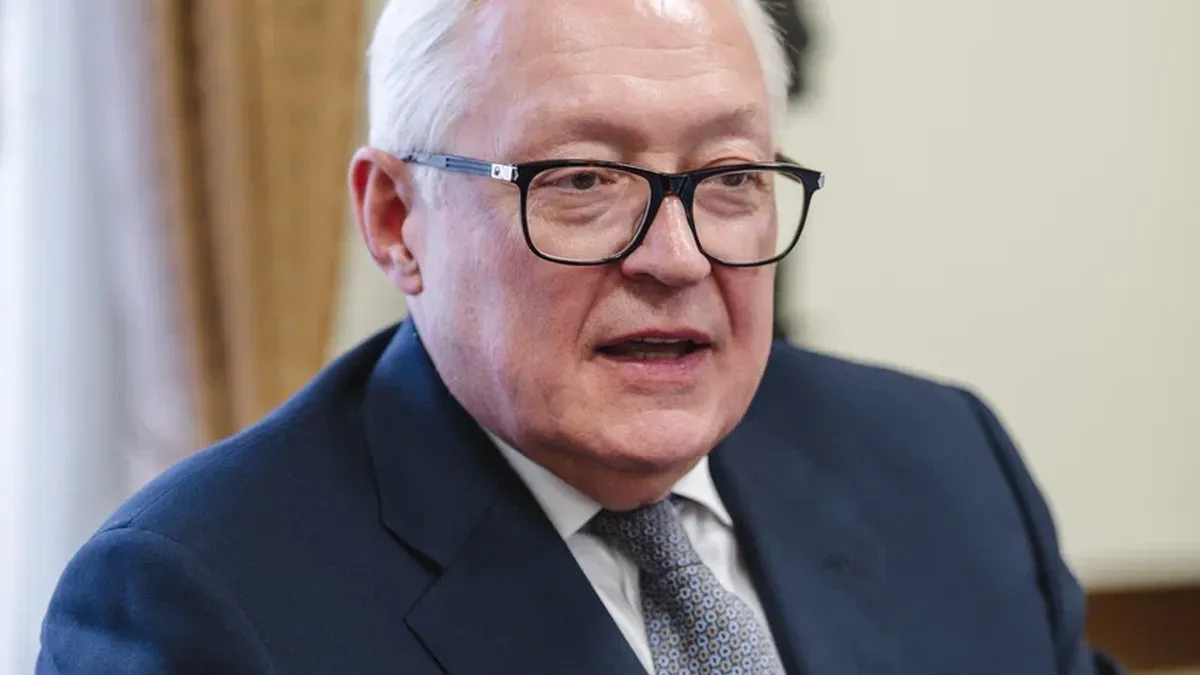David William is a talented author who has made a name for himself in the world of writing. He is a professional author who writes on a wide range of topics, from general interest to opinion news. David is currently working as a writer at 24 hours worlds where he brings his unique perspective and in-depth research to his articles, making them both informative and engaging.
Menu
#COP27: what became of Glasgow’s climate pledges
Categories
Most Read
Demonstrations: Trump after mass protests: “I am not a king”
October 20, 2025
No Comments
Situation at a glance: After new violence: Is the ceasefire in Gaza holding?
October 20, 2025
No Comments
Caren Miosga: A lot of talk, but very little argument
October 20, 2025
No Comments
Citizens’ money reform: Survey: Majority thinks citizens’ money reform is fairer
October 20, 2025
No Comments
Contested Donbass region: Trump calls for freezing the front line in Ukraine
October 20, 2025
No Comments
Latest Posts

Armaments industry: Naval shipbuilder TKMS has a brilliant start to the stock market
October 20, 2025
No Comments
Defense industry Naval shipbuilder TKMS has a brilliant start to the stock market Copy the current link Add to wishlist After TKMS’s stock market debut,

Russia admits that trade with Argentina had a better moment and hopes for progress with the government of Javier Milei
October 20, 2025
No Comments
“We want to develop a forward-looking and progressive relationship with Milei“, proposes the official, while betting that “the Argentine people know how to move forward

Amazon reports cloud disruption – online services affected worldwide
October 20, 2025
No Comments
AngelicaI am an author and journalist who has written for 24 Hours World. I specialize in covering the economy and write about topics such as
24 Hours Worlds is a comprehensive source of instant world current affairs, offering up-to-the-minute coverage of breaking news and events from around the globe. With a team of experienced journalists and experts on hand 24/7.

